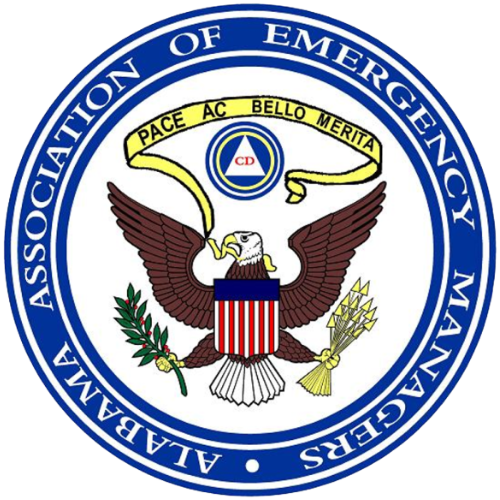Intermediate Level Certification
Overview
The Intermediate Level certification is a mid-level certification for emergency managers. This level of certification requires a total of 650 hours of training.
All requirements for Intermediate Level certification are in addition to meeting Basic Level certification requirements.
Those who have earned Intermediate Level certification are entitled to use the ILEM designation.
Required Courses
The following courses are required as part of this level of certification:
IS-130 EXERCISE EVALUATION & IMPROVEMENT PLANNING
IS-235 EMERGENCY PLANNING
IS-240 LEADERSHIP & INFLUENCE
IS-288 THE ROLE OF VOLUNTEER AGENCIES IN EMERGENCY MANAGEMENT
IS-362 MULTI-HAZARD EMERGENCY PLANNING FOR SCHOOLS
IS-403 INTRODUCTION TO INDIVIDUAL ASSISTANCE
IS-559 LOCAL DAMAGE ASSESSMENT
IS-700 NIMS RESOURCE MANAGEMENT
IS-800 NATIONAL INFRATRUCTURE PROTECTION PLAN (NIPP)
Beginning May 1, 2024, the following will be the new required core training, and help strengthen an EM’s foundation of knowledge while aligning future EM Directors with the Alabama CLEM requirements:
IS-10.a Animals in Disasters: Awareness and Preparedness
IS-15 Special Events Contingency Planning for Public Safety Agencies
IS-26 Guide to Points of Distribution
IS-42.a Social Media in Emergency Management
IS-130 Exercise Evaluation & Improvement Planning
IS-201 Forms Used for the Development of the Incident Action Plan
IS-240 Leadership & Influence
IS-288 The Role of Volunteer Agencies in Emergency Management
IS-362 Multi-Hazard Emergency Planning for Schools
IS-366.a Planning for the Needs of Children in Disasters
IS-368.a Including People with Disabilities & Others with Access & Functional Needs in Disaster Operations
IS-403 Introduction to Individual Assistance
IS-559 Local Damage Assessment
IS-1000 Public Assistance Program & Eligibility
Additional Requirements
In addition to the required courses, this level of certification requires:
A total of 250 hours of 'core' curriculum (FEMA and other emergency management training). The required training courses count toward the 250 hour total.
A total of 100 hours of 'optional' training. Optional training includes other public safety and general management training and education.

